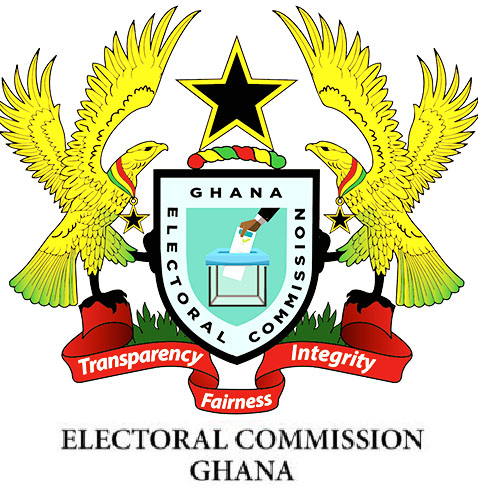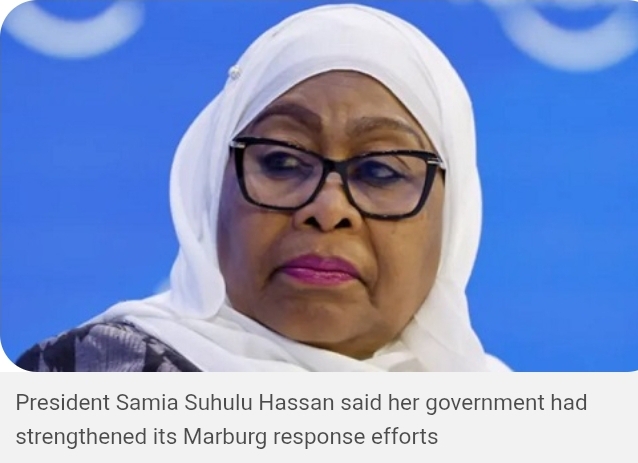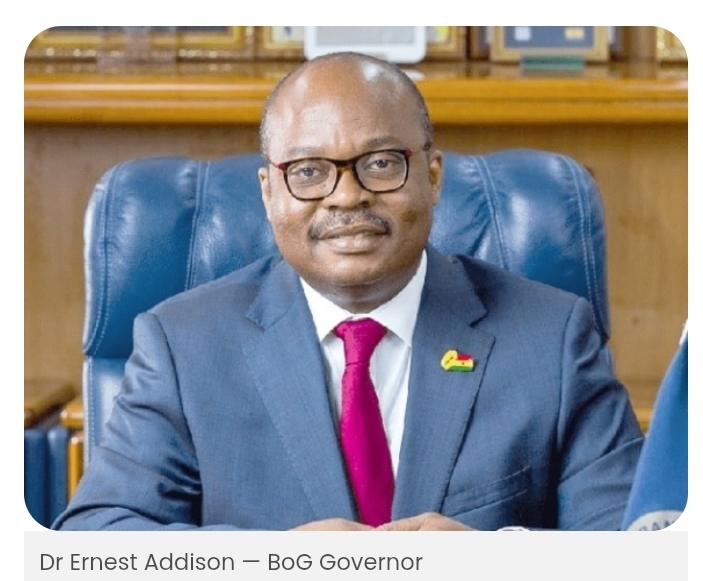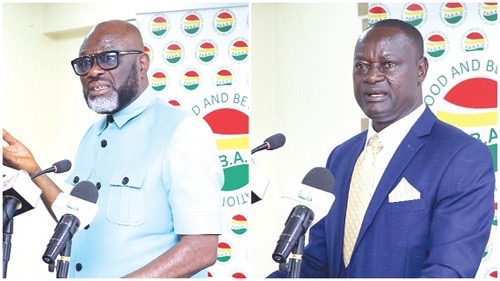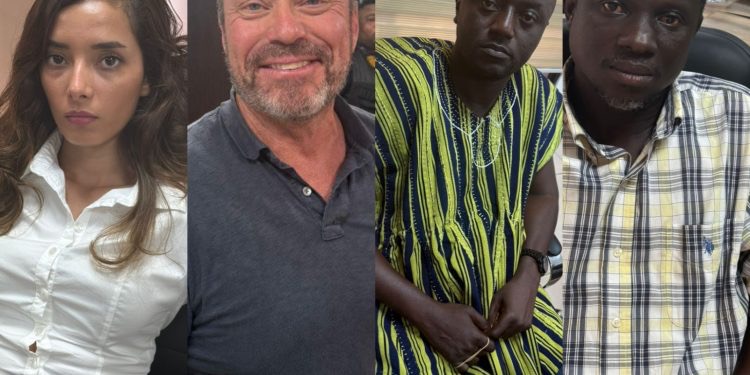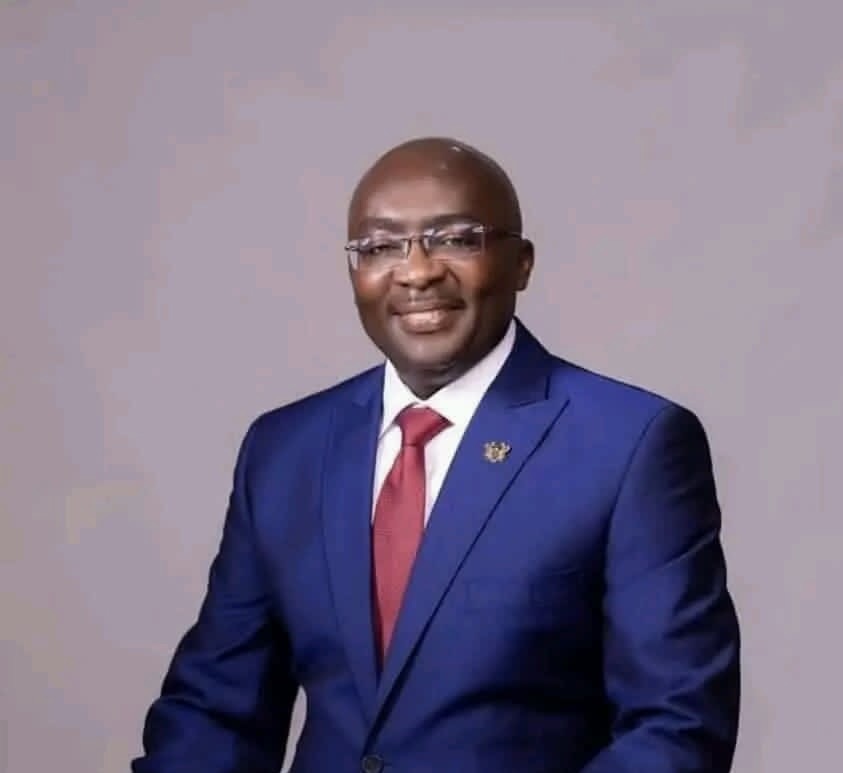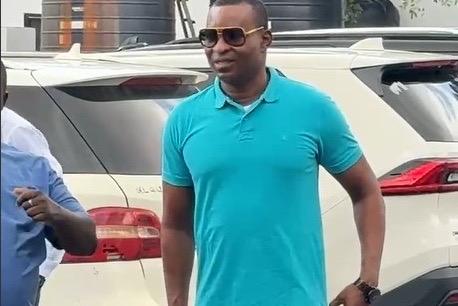by ghanaHotNews
Veteran journalist Kwesi Pratt is raising serious concerns over what he sees as inconsistency and possible bias in the President’s handling of petitions seeking the removal of public officials.
Speaking on the matter, Pratt questioned why the President refused to act on a recent petition calling for the removal of the Chief Justice, despite having acted swiftly on similar petitions in the past.
“If the earlier position was that the President had no option but to act as a conveyor belt, why did he choose not to act in the case of the Chief Justice? He said it lacked merit. So which is which?” Pratt asked pointedly.
Citing the removal of former Electoral Commission Chairperson Charlotte Osei, Pratt argued that the rationale offered then that the President was merely fulfilling a constitutional obligation appears to have been selectively applied.
“In the case of Charlotte Osei, we were told the President had no choice but to forward the petition. But in the Chief Justice’s case, he ignored the petition. That suggests bias,” he said.
Pratt further dissected the constitutional provisions, emphasizing that presidential duties in such matters are not optional.
“Some of the President’s actions in this matter actually spring from a constitutional obligation. He has no middle way. These are constitutional injunctions—presidential duties imposed by the Constitution,” he stated.
Responding to public interpretations of Article 146 of the Constitution, Pratt made a distinction between the terms “may” and “shall.”
“Yes, the word ‘may’ is used in parts of Article 146, but so is ‘shall’ and ‘shall’ means there’s no room for choice. The President is required to act, not permitted to,” he stressed.
His remarks echo growing concerns from legal experts and civil society groups, who have also questioned what appears to be a selective approach by the presidency in dealing with high-level judicial accountability.
Source; https://www.mynewsgh.com/you-cant-pick-and-choose-which-petitions-to-act-on-pratt-to-mahama/


